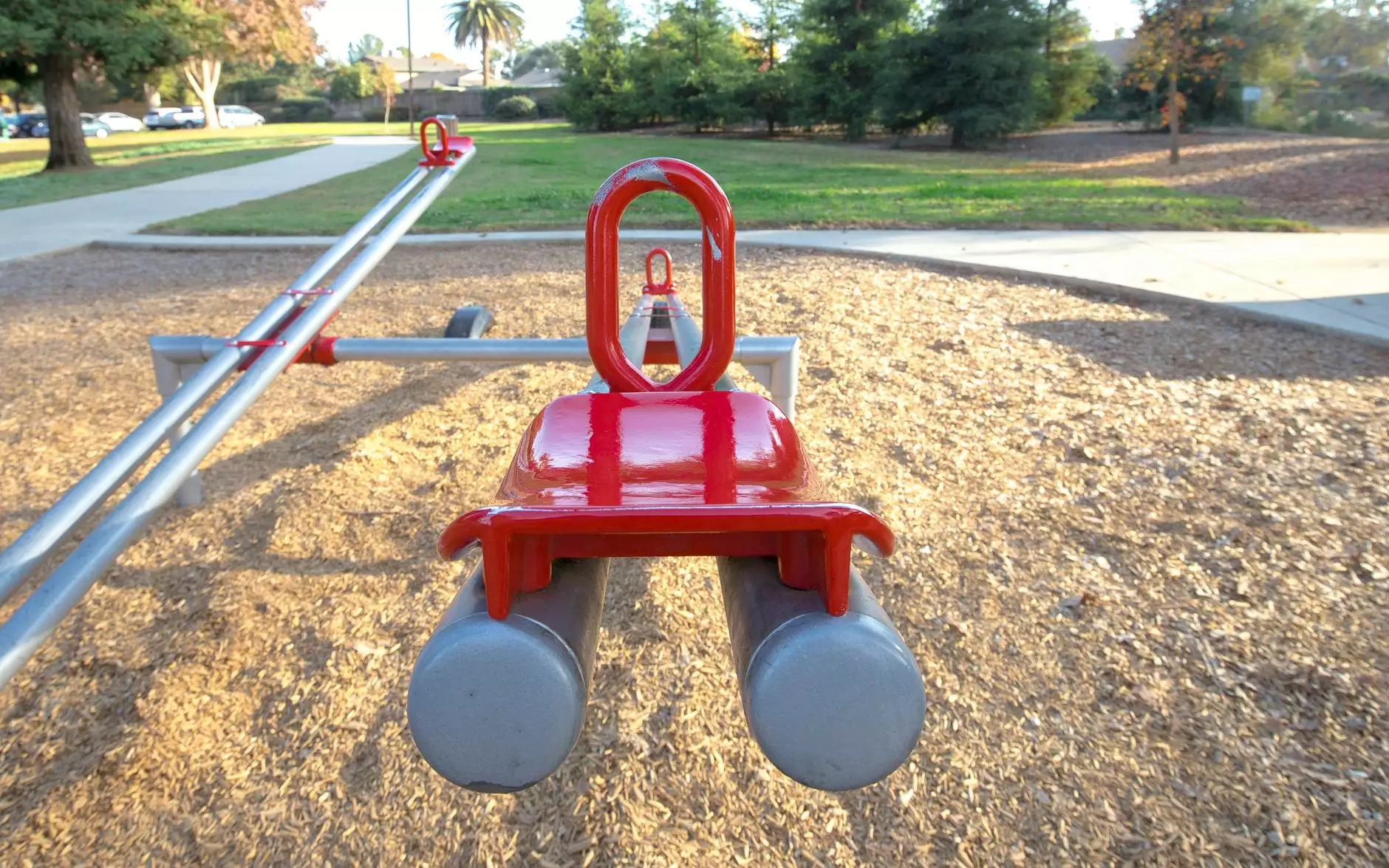Understanding Jaw Realignment Surgery Costs: A Comprehensive Guide

When it comes to dental health, the alignment of the jaw plays a crucial role. Patients often seek jaw realignment surgery not only for aesthetic reasons but also for significant health benefits. This article explores the jaw realignment surgery cost, what factors influence these costs, and how individuals can navigate their options effectively.
What is Jaw Realignment Surgery?
Jaw realignment surgery, also known as orthognathic surgery, is a surgical procedure aimed at correcting a misaligned jaw. This misalignment can lead to various issues, including difficulty chewing, jaw pain, and even breathing problems. The surgery typically involves repositioning the upper jaw, lower jaw, or both, to achieve better alignment and functionality.
Benefits of Jaw Realignment Surgery
- Improved Functionality: Correcting jaw alignment can enhance chewing and speaking capabilities.
- Pain Relief: Many patients experience relief from chronic jaw pain after surgery.
- Enhanced Appearance: The surgery can lead to a more balanced facial structure, boosting self-esteem.
- Better Oral Health: A well-aligned jaw helps in reducing wear on teeth and improving overall oral hygiene.
An Overview of Jaw Realignment Surgery Costs
Understanding the jaw realignment surgery cost is vital for patients considering this procedure. The costs can vary significantly based on several factors, which we will delve into below.
Factors Influencing Jaw Realignment Surgery Costs
The total expenses related to jaw realignment surgery can range widely, often between $20,000 and $40,000 or more. Here are the key factors that influence this price:
1. Geographic Location
The region you live in can greatly affect cost. Urban areas and places with high living costs tend to have higher surgical fees compared to rural areas.
2. Surgeon’s Experience
Highly experienced surgeons or those with specialized training may charge a premium fee for their expertise. Choosing a surgeon with a proven track record can be a valuable investment in your health.
3. Scope of the Procedure
The complexity and length of the surgery also impact the overall cost. Cases requiring more extensive corrections will generally incur higher expenses.
4. Hospital Fees
Costs associated with the hospital or surgical center, including operating room fees, anesthesia, and post-operative care, can all add to the total.
5. Insurance Coverage
Many insurance plans cover a portion of jaw realignment surgery if it is deemed medically necessary. It's essential to check your policy to determine what might be covered.
Breaking Down Jaw Realignment Surgery Costs
To provide a clearer understanding of what influences jaw realignment surgery cost, let's break down the expenses:
Initial Consultation Fees
Before surgery, patients typically undergo an initial consultation, which may cost between $100 and $300. This visit includes an evaluation of the jaw structure, imaging studies, and discussions about the surgery and financing options.
Pre-Surgical Costs
Pre-surgical evaluations, including X-rays, CT scans, and laboratory tests, can range from $500 to $1,500, depending on the procedures required for accurate diagnosis and treatment planning.
Surgical Costs
The actual cost for the surgery can range significantly. On average, surgical fees can be between $10,000 and $30,000. This fee includes the surgeon's fee, anesthesia fees, and the use of the operating room.
Post-Operative Costs
After the procedure, patients need follow-up visits for monitoring their recovery. These visits could run from $100 to $200 each. Additionally, there may be expenses for medications and supplies needed during recovery.
Finding Affordable Options for Jaw Realignment Surgery
Sometimes, the cost of jaw realignment surgery can be daunting. However, there are several strategies to manage these expenses effectively:
1. Insurance Coverage
Review your insurance policy to see if jaw realignment surgery is covered. Many plans cover surgeries deemed medically necessary, which can significantly reduce out-of-pocket costs.
2. Payment Plans
Many surgical centers offer financing options or payment plans that allow patients to pay for surgery over time. This can make the financial burden more manageable.
3. Medical Loans
Another option is to consider medical loans that allow you to borrow a specific amount to cover surgery costs. These loans often come with terms that fit your budget.
4. Community Resources
Some non-profit organizations provide financial assistance for qualifying patients. Researching local resources can yield potential help.
The Importance of Choosing the Right Surgeon
Choosing the right surgeon is crucial for both the outcome of the surgery and managing costs effectively. Here’s what to consider:
1. Qualifications and Experience
Look for board-certified oral and maxillofacial surgeons with extensive experience in jaw realignment surgeries. Ask about their training, certifications, and the number of surgeries performed.
2. Past Patient Reviews
Research online patient reviews to gauge previous patients' experiences. This feedback can provide valuable insights into the surgeon's skills and care practices.
3. Consultation Visits
Take advantage of initial consultations to ask questions regarding the procedure, recovery, and costs. This is also an opportunity to assess the surgeon’s communication skills and whether you feel comfortable with them.
Recovery After Jaw Realignment Surgery
The recovery period following jaw realignment surgery is crucial for achieving optimal results. Here’s what to expect:
1. Immediate Post-Surgery
After the procedure, you will experience swelling and discomfort. Pain relief medications will be prescribed to help manage any discomfort during the initial days.
2. Dietary Adjustments
Patients are typically advised to consume a soft diet for several weeks while the jaw heals. This may include smoothies, soups, and pureed foods.
3. Follow-Up Care
Regular follow-up appointments are necessary to monitor healing and make adjustments if needed. Adhering to your surgeon’s post-operative instructions is vital for recovery.
Conclusion: Investing in Your Health
Understanding the jaw realignment surgery cost allows patients to make informed decisions about their health. While the initial expense may seem high, the benefits of improved functionality and enhanced quality of life often outweigh the financial investment. By considering insurance options, payment plans, and choosing the right surgeon, patients can navigate this journey more effectively.
For anyone considering jaw realignment, research, understanding your needs, and engaging with professionals can lead you to the right pathway. If you are ready to take the step towards a healthier, more functional lifestyle, visit mediglobus.com for more information on jaw realignment surgery and available resources.









